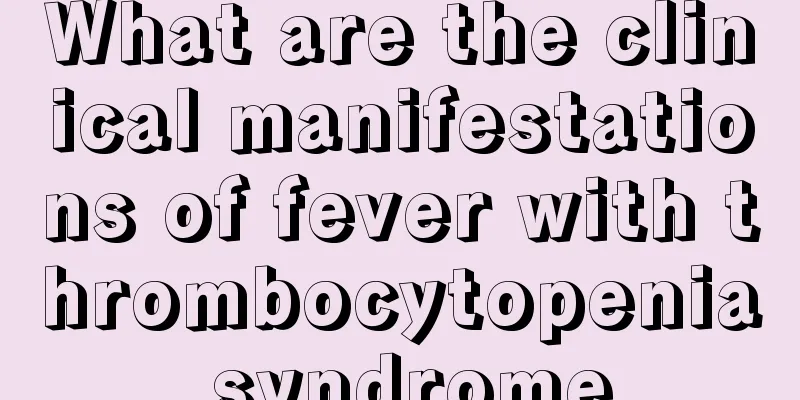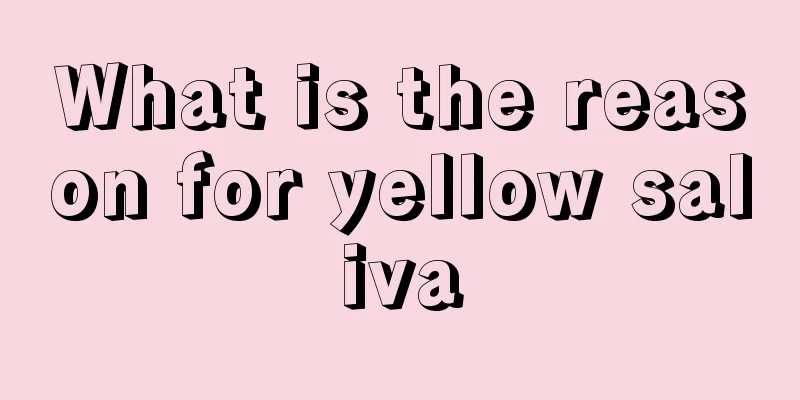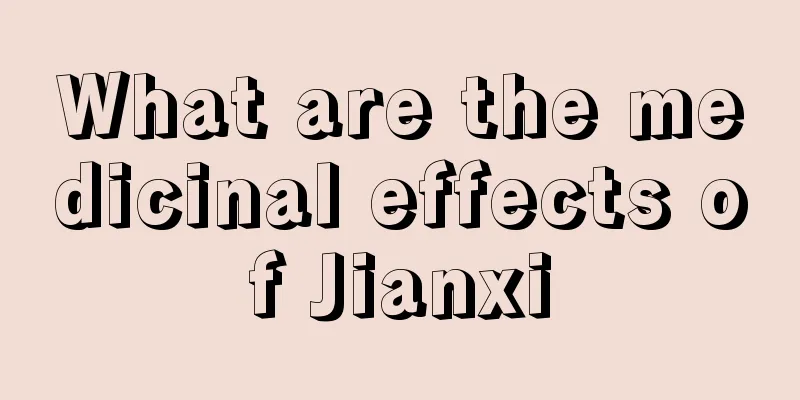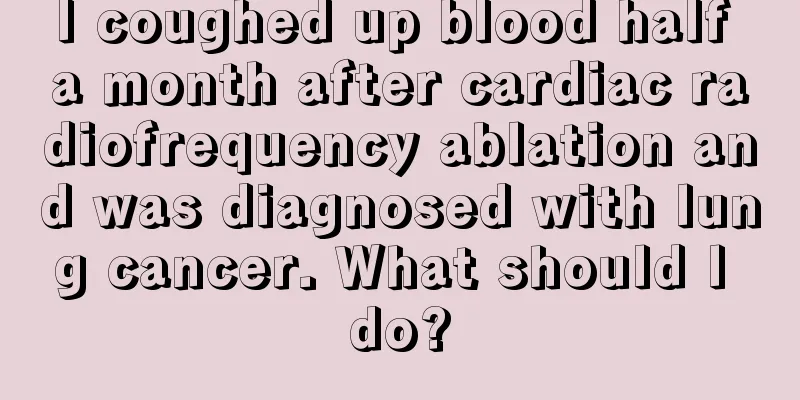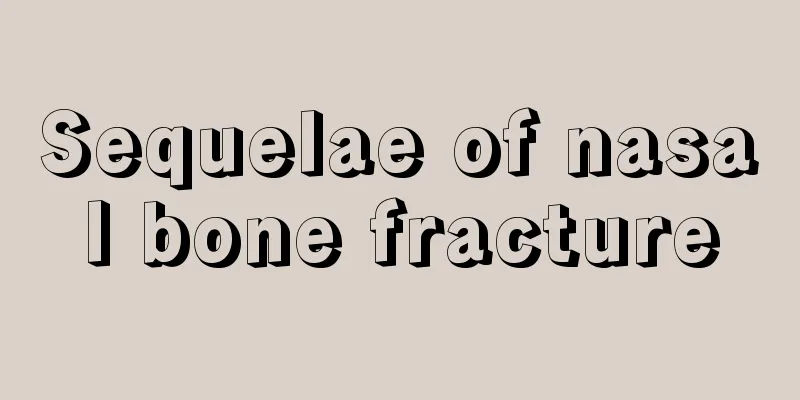Is supraventricular tachycardia hereditary?
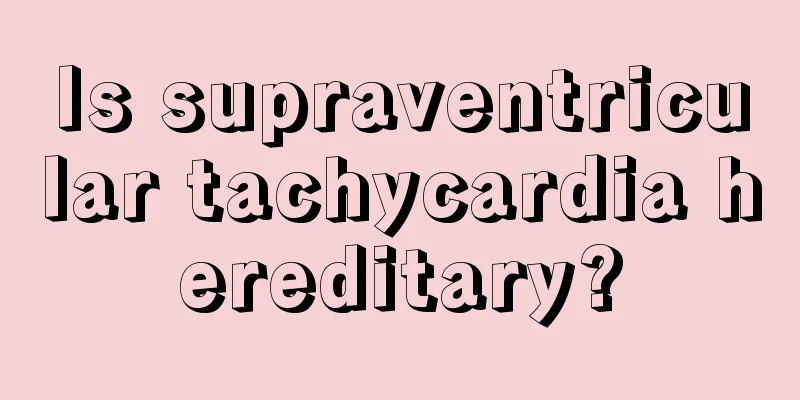
|
Heart disease is becoming more and more common in modern life, posing a great threat to the health of many people. This is because the symptoms of heart disease are very severe and can lead to serious complications, which greatly affect the patient's life. There are many types of heart disease, and each type should not be underestimated. Moreover, most heart diseases are somewhat hereditary. For example, is paroxysmal supraventricular tachycardia hereditary? Paroxysmal supraventricular tachycardia is a disease that is generally not inherited and can be caused by lesions in the heart itself. Paroxysmal supraventricular tachycardia refers to tachycardia originating from the atria or atrioventricular junction, most of which are caused by reentrant excitation, and a few are caused by increased automaticity and triggered activity. More than three consecutive supraventricular premature beats on the electrocardiogram are called paroxysmal supraventricular tachycardia, which includes atrial and junctional tachycardia. Sometimes the two are difficult to distinguish on the electrocardiogram, so they are collectively referred to as paroxysmal supraventricular tachycardia. Clinical manifestations 1. Fast heart rate, mostly between 160 and 220 beats per minute, with regular rhythm. 2. Palpitations or a strong feeling of heartbeat in the chest. 3. Frequent urination, sweating, and difficulty breathing. 4. Long duration can lead to serious circulatory disorders, causing angina pectoris, dizziness, syncope, and even heart failure and shock. 5. The attack occurs suddenly and stops suddenly. When the attack stops, fainting may occur occasionally because the interval between recovering sinus rhythm is too long. 6. Stimulating the vagus nerve endings can suddenly stop 50% to 80% of PSVT. 7. Heart sounds are absolutely regular and consistent, and no cannon waves occur in the jugular vein. The pulse is rapid and weak, and blood pressure may drop. In recent years, due to the progress in cardiac electrophysiology research, there are some new insights into the mechanism and classification of paroxysmal supraventricular tachycardia. It is generally divided into six types according to the location and mechanism of occurrence. treat 1. The method of stimulating the vagus nerve endings is mostly suitable for young people, not for the elderly. ① Ask the patient to hold his breath and then exhale forcefully; ② Stimulate the pharynx to induce nausea; ③ Press or massage the carotid sinus, try the right side for 10 seconds first, if it doesn’t work then try the left side for 10 seconds, do not apply pressure on both sides at the same time to avoid causing cerebral ischemia. This method must be performed by a doctor; ④ Press the eyeball with your fingers, first right and then left, for no more than 10 seconds each time. Do not use too much force, otherwise there is a risk of retinal detachment. 2. Verapamil (Isapamil) intravenous injection can be the first choice for patients who have not used beta-blockers within 2 weeks. 3. Digoxin C should be the first choice for patients with PSVT and heart failure, but it is contraindicated for patients with preexcitation syndrome and wide QRS waves. |
>>: Early symptoms of diabetic renal failure
Recommend
What are the advantages and disadvantages of taking a bath
Winter is coming and the weather is getting colde...
How long is the shelf life of saline solution
Normal saline solution is something we use freque...
What are the types of removable dentures
As living standards continue to improve, more and...
What are the benefits of drinking salt water before going to bed
Drinking salt water before sleeping is not good f...
Who is suitable for epicanthus correction
When it comes to epicanthus correction surgery, m...
The harm of quitting smoking and relapse
Although smoking is harmful to health, there are ...
What are the methods of tooth restoration?
The health of teeth is very important for people&...
What are the surgical treatments for colorectal cancer?
In recent years, colorectal cancer has become a m...
What is the method of escaping from a fire scene
Fires occur every day in our lives, which is main...
How much C-reactive protein is needed to take anti-inflammatory drugs
When people hear the term C-reactive protein, man...
What are the precautions for rotavirus vaccination?
As for vaccines, they are now mainly divided into...
What are the ways to keep crabs alive longer?
Crab is a kind of seafood that is deeply loved by...
Can I eat soft-shelled turtles if I have advanced liver cancer? There are 4 things I should pay attention to when eating soft-shelled turtles if I have advanced liver cancer
Turtle is a common animal in life and is also a c...
More pain after cervical massage
The cervical vertebra is an important part of the...
What is the use of Hongminsu ointment
Erythromycin ointment is very common in our lives...
